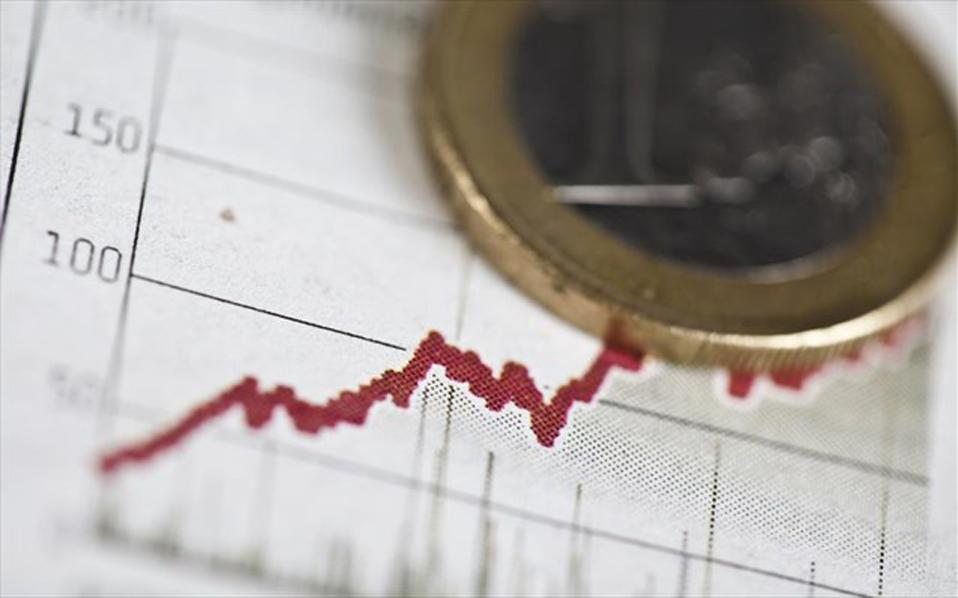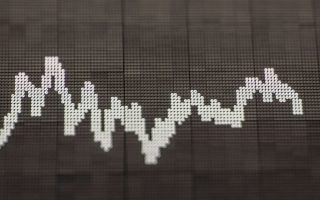Economy beat expectations before start of capital controls, but analysts urge caution

Greece’s second-quarter gross domestic product figure posted a better-than-expected increase of 0.8 percent over the previous quarter, a higher percentage even than that of the UK, which reported 0.7 percent growth for the same period.
The unexpected numbers released by ELSTAT, the country’s statistical authority, stunned markets and defied predictions of the exact opposite.
The figures show a 1.4 percent increase in GDP in the three-month period from April through June this year compared to the same period last year. Nominal GDP fell 0.7 percent in the period through June. The cause of the unexpected rise is believed to be fear of capital controls, which led to a spike in consumer spending.
Greece’s economy emerged from a six-year recession in 2014 but shrank in the final quarter of last year.
Building up to Greece’s referendum and just before the capital controls were introduced, Greek consumers went on a spending spree to try to secure their savings in big-ticket items. This caused a temporary peak in car sales as well as other luxury items and consumer goods in the month of June.
The pre-capital control spending spree, a rise in vehicle registration and an increase in tourism combined to boost GDP growth. Capital controls came into force on June 28, so the newly released GDP figures do not reflect their impact.
Several voices have advised taking the unexpectedly good economic figures with a pinch of salt. Speaking to Bloomberg, Daniele Antonucci, an economist at Morgan Stanley in London, said: “The national accounts provide a wealth of information, but they’re not very timely, they’re mostly a look back. Growth momentum has turned increasingly negative most recently.”
“Some economic activity indicators in the second quarter, including consumption, industrial production and tourism, had shown particular resilience,” said economist Nikos Magginas at National Bank. “This explains the surprising second-quarter GDP reading.”
Additionally, on the same day that the figures were released, Greece’s creditors warned against premature celebrations regarding the state of the country’s economy. An analysis by the European Commission, the European Central Bank and the eurozone bailout fund anticipates that Greece’s debt-to-GDP ratio will reach 201 percent in 2016.
The report forecasts that the Greek economy will contract by 2.3 percent in 2015 and a further 1.4 percent in 2016.
Eurostat, the European Union’s statistics office, is set to publish second-quarter data for the eurozone today. The figures are expected to show 0.4 percent growth.





